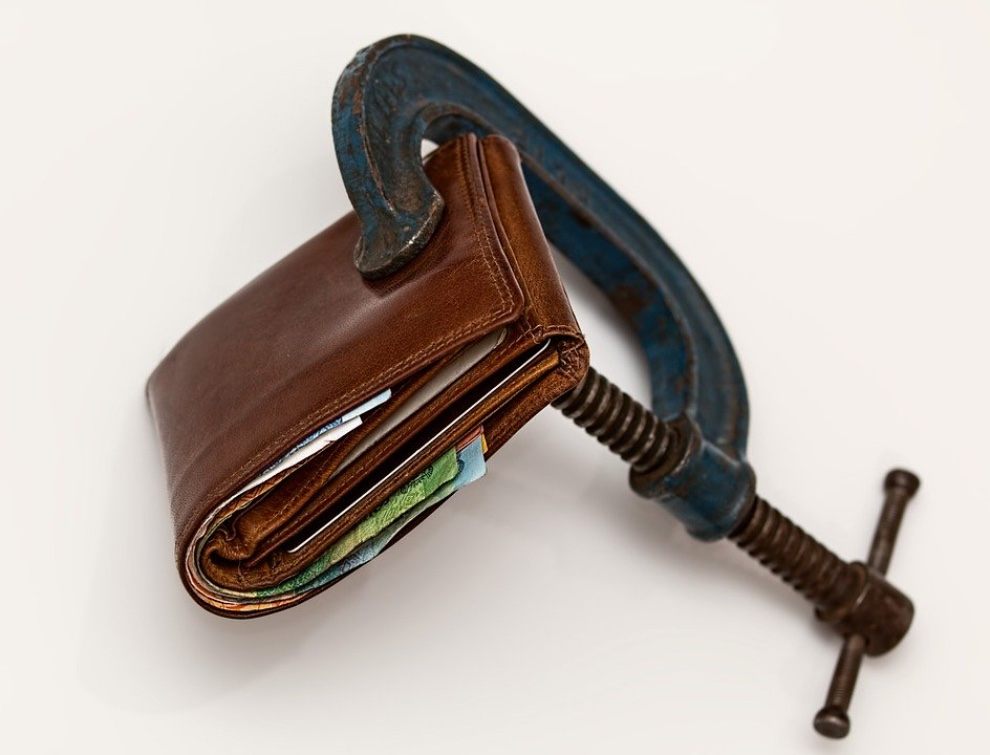
4 Facts on Bankruptcy to Know, Just in Case
Individuals that are knee-deep in debts often think about filing for bankruptcy, but what stops them from doing so is the anxiety associated with making such a decision. In simple terms, bankruptcy is a legal move that defines a person who is unable to pay back what they owe to their lenders. The bankruptcy status has to be filed by the individuals themselves, which is the case most of the time, or on behalf of lenders/creditors.
The process involves the measurement and gauging of all the assets of the indebted individual, giving it an evaluated price which can then be used to repay some of what they owe. The bankruptcy courts belong to the federal jurisdiction, and there are specific laws like the US Bankruptcy Code, or the Bankruptcy and Insolvency Act in Canada. To help you understand the most important details about bankruptcy, we’ll be mentioning the most popular 4 facts on bankruptcy that you might want to know, just in case.
-
It’s a Long Process
Many people are not familiar with bankruptcy and the legal codes that come with it. Unlike small claims, bankruptcy doesn’t conclude in one day and it takes a lot of time for it to be done. The most common bankruptcy form, Chapter 7, can take up to 6 months in court to be finally applied. Other forms of bankruptcy like Chapters 13 and 11 usually last much longer than that. The minimum Chapter 13 plan can last 3 years, and it could reach 5 years in some cases. A Chapter 11 claim can go on for more than 2 years. It’s important to be prepared to face such a long timeline when you’re applying for bankruptcy, especially if you’re looking for a good head-start without any penalties.
-
Being as Honest as Possible
When you’re filing for bankruptcy, there isn’t much leeway for you to twist the truth or lie. Not just because honesty is always the quickest route out of a problem, but also because of how a very minute investigation by a specific legal committee can be started once the court starts suspecting you of foul play. To avoid all this hassle and legal repercussions, it’s always better to be honest about your assets, debts, properties, and anything you need to list in your bankruptcy schedules. Bankruptcy fraud is a federal crime that can land fraudsters in jail for years.
You might want to hire a trustee to help you ensure that the proceedings are going in a way that ensures you are clear as possible with your creditors. A qualified trustee should help you through a personal bankruptcy case and possibly get you a discharge. The bankruptcy forms are more complicated than you may think, which is why having a lawyer is recommended when it comes to aiding you in understanding the information needed to complete the legal forms. Some pitfalls can actually cost you your assets and sometimes penalization.
-
Public Exposure
If you are an individual who doesn’t enjoy discussing his financials like salaries and benefits in front of other people, you may not like what bankruptcy has in store. Your financial details can be released to the public, making them subject to public scrutiny. Once you file a claim for bankruptcy protection, you’re legally obliged to provide a detailed set of documentation and paperwork, known as the bankruptcy schedules. These schedules are used to provide the court and lenders with a fully detailed list of almost everything related to your financial life, such as assets, expenses, income, and the latest transactions.
A meeting is adjourned where you will sit down with creditors or their representatives, and you’ll be asked questions by them during the meeting. Even if the bankruptcy trustees will try to avoid any hassle or undignified arguments, the meeting is a public proceeding and you may feel uncomfortable or embarrassed during the questioning phase.
-
It’s Not a Cheap Process
Many people intuitively think that the bankruptcy process is supposed to be cheap since the individual is declaring that he can’t repay creditors, but the truth is that it’s far from being as cheap as people may think. Depending on whether you can have certain fees waived during the bankruptcy process, the attorney costs can also be high. Even if you are prepared to go through the court and filing process alone, the fees are still significantly high. If you are too deep in debt, you can petition the court to waive the fees, but this will depend on your income, which is also dependent on the poverty level of the country or region.

Filing for bankruptcy can be an overwhelming process for those who have never experienced it before. There are some things that you need to worry about, but you shouldn’t panic or feel like it’s the end of the line. Always take the time to weigh the pros and cons to decide whether declaring bankruptcy is the right move for you.




















